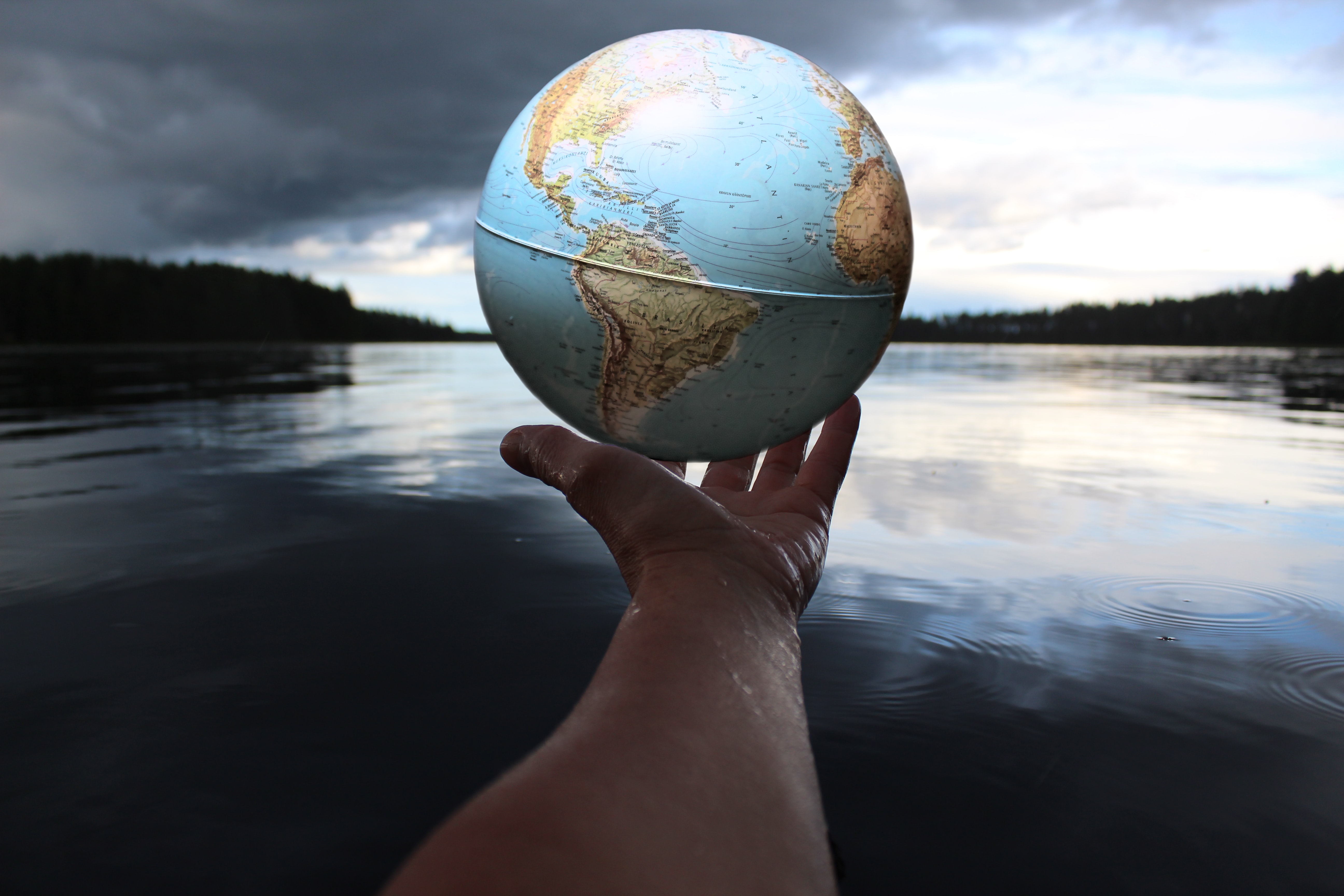School of Anthropology & Conservation
Are you a student in the School of Anthropology & Conservation?
This section is for you! We aim to help develop your employability skills and prepare you for entering the wider world of careers and employment, or postgraduate education.
Employability skills and work experience
To effectively prepare for your career and entering the world of employment, it is essential that you develop employability skills and gain work experience alongside the academic and practical skills of your degree course. This will put you in the best position to pursue and secure the career that you want.
Not sure where to start? We can help! Use the links below to find advice on how to develop your employability skills and experience, to prepare you for your career, and to help you decide on what that career should be!
- Where do graduates from the School of Anthropology & Conservation work?
- Top employers for SAC graduates
- Job sites and links for careers related to anthropology, conservation, environmental sciences, geography and human biology
- Current job opportunities for students
- Postgraduate study options in the School of Anthropology & Conservation
Skills acquired at university
Your undergraduate degree from the School of Anthropology & Conservation will teach you a variety of skills; both subject specific and more general transferable skills. It is crucial that you are able to articulate the skills you have gained at university when speaking to potential employers, to demonstrate why you are suitable for a particular role. Subject specific skills might include:
- Anthropology – an understanding of human behaviour to address issues that people face through scientific methods and principles;
- Wildlife Conservation and Environmental Social Sciences – an understanding of, and expertise in, how to manage wildlife and biodiversity in a sustainable way;
- Human Biology and Behaviour – an in-depth understanding of how human beings are shaped by, and interact with, their social and physical environments, as well as appreciating their social and physical diversity;
- Human Geography – ability to critically evaluate, interpret and combine different types of geographical evidence along with hands-on experience of analytical tools such as geographic information systems and remote sensing imagery.
What do students do after graduation?
The 2021 edition of What do graduates do? survey, prepared by Prospects and the Association of Graduate Career Advisory Services (AGCAS), collates responses from tens of thousands of graduates and shows a broad overview of the roles / sectors that graduates (by subject) go on to in the 15 months after graduating.

